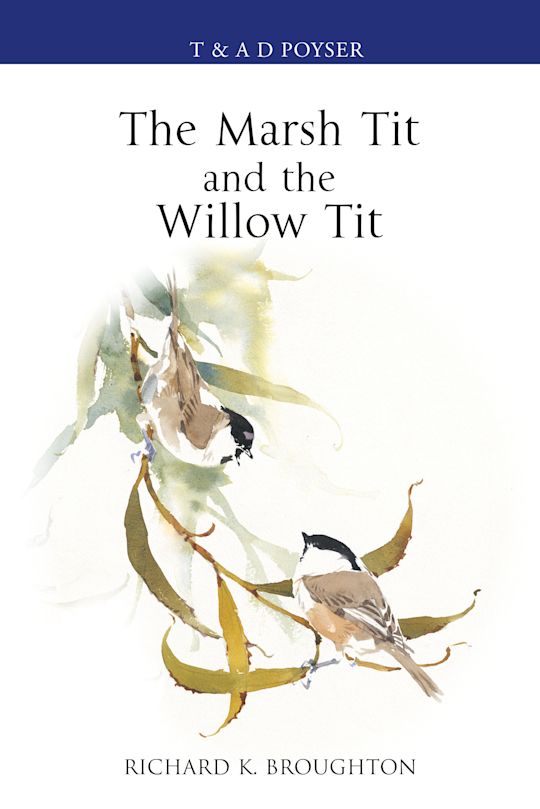In a Nutshell:
The Quran prohibits the consumption of alcohol for Muslims. Several verses progressively revealed the dangers of intoxicants, ultimately declaring them an abomination. This prohibition aims to safeguard a Muslim’s physical, mental and spiritual well-being.
Table of Contents
- In a Nutshell
- Introduction
- Evidences from the Quran
- Analysis of the Quranic Verses on Alcohol
- 5 Misconceptions about Alcohol and Islam
- FAQs on Alcohol and Islam
- Conclusion
Introduction
Alcohol consumption is a prevalent social practice worldwide. However, for Muslims seeking guidance from the Quran, the question of its permissibility arises. This answer explores the Quran’s perspective on alcohol, analyzing relevant verses and their implications for Muslim life.
Evidences from the Quran
The Quran progressively discourages and ultimately forbids the consumption of alcohol. Here are key verses:
Surah Al-Baqarah (2:219):They ask you about intoxicants and gambling. Say, ‘In both is great sin and [yet, some] benefit for people. But their sin is greater than their benefit.’(This verse introduces the concept of harm outweighing benefit regarding intoxicants)
Surah An-Nisaa (4:43):O you who have believed, do not approach [prayer] while you are intoxicated until you know what you are saying – except for [a minimal amount] to reach you from travel – and [while] you are not in taharat (ritual purification) until you have washed yourselves. And if you are sick or on a journey or one of you comes from the relief of nature or you have contact with women and do not find water – then seek clean earth and wipe over your faces and hands [with it]. Indeed, Allah is Forgiving and Merciful.(This verse prohibits prayer in a state of intoxication)
Surah Al-Maidah (5:90):O you who have believed, indeed, intoxicants, gambling, [sacrifices to] idols and divining arrows are but defilement of the work of Satan. So turn away from it that you may be successful.(This verse explicitly labels intoxicants as rijs (impurity) and associates them with the work of Satan)
The Quranic Verses on Alcohol
The Quran’s approach to alcohol is gradual. Initially, highlighting the potential benefits alongside the harms (2:219). Later verses (4:43) restrict activities requiring focus and clarity, like prayer, while intoxicated. Finally, the clear prohibition comes in Surah Al-Maidah (5:90), classifying intoxicants as impure and urging believers to abstain altogether.
This progressive revelation demonstrates Islam’s emphasis on protecting a Muslim’s spiritual well-being. Intoxication can cloud judgment and hinder one’s ability to fulfill religious obligations like prayer. Moreover, associating alcohol with practices like idolatry (5:90) reinforces its negative connotations.
Misconceptions about Alcohol in Islam
Alcohol was once permitted in Islam.Some believe that the Quran initially allowed alcohol consumption before prohibition. However, while the initial verse (2:219) acknowledges both benefit and harm, it primarily highlights the greater sin.
Only drunkenness is forbidden.The Quran’s word for intoxicant (khamr) encompasses anything that clouds the mind. Thus, the prohibition applies regardless of the quantity consumed.
Non-beverage alcohol is permissible.Perfumes or medicines containing alcohol are considered permissible if they serve a valid purpose and the intent is not intoxication.
Social and medical benefits outweigh the prohibition.While some may argue social or potential health benefits, Islam prioritizes spiritual and mental well-being.
The prohibition is outdated.The Quran’s teachings are timeless. Alcohol’s harm to individuals and societies, validated by contemporary science, underscores the wisdom behind this ruling.
Objections to the Prohibition on Alcohol
Personal freedom.Some argue for the right to choose. Islam emphasizes guidance over unrestricted freedom, believing this approach safeguards true well-being.
Other faiths allow alcohol.Islam follows its own divine path. What other religions deem permissible may differ.
Alcohol is part of some cultures.Islam transcends cultural norms. If cultural practices conflict with Islamic teachings, Muslims prioritize their faith.
Moderation is key.The Quran doesn’t advocate for moderation, as even small amounts can impair judgment and lead to addiction.
Prohibition leads to illegal trade.Criminality arises from social problems, not religious laws. Islamic societies address the root causes that make illegal activities tempting.
FAQs: What Does the Quran Say About Alcohol?
Can I use alcohol for cooking?Scholars differ on this. Some allow it if the alcohol evaporates completely, while others advocate for complete avoidance.
Are alcohol-based hand sanitizers permissible?In emergencies or lack of alternatives, they are typically allowed for necessity.
Can I work in an environment where alcohol is served?It’s preferable to avoid, but if unavoidable, one should avoid direct involvement in serving alcohol.
How can I support someone struggling with alcohol?Encourage seeking help and provide compassionate support aligned with Islamic principles of kindness and non-judgment.
Is it wrong to socialize with alcohol drinkers?Islam encourages choosing righteous company, making it difficult to uphold religious obligations in environments where alcohol is prevalent.
Conclusion
The Quran provides clear guidance on alcohol, highlighting its detrimental effects on individuals and society. Its prohibition prioritizes spiritual clarity, mental well-being and societal responsibility. The Quran’s wisdom on this matter resonates deeply with current scientific understanding of the destructive consequences of alcohol abuse.
Muslims seeking to live in accordance with the Quran wholeheartedly embrace this prohibition. While some aspects of the broader discussion may have varying interpretations, the principle of avoiding intoxicants, with the aim of protecting individuals and communities, remains non-negotiable.
#Quran #alcohol


